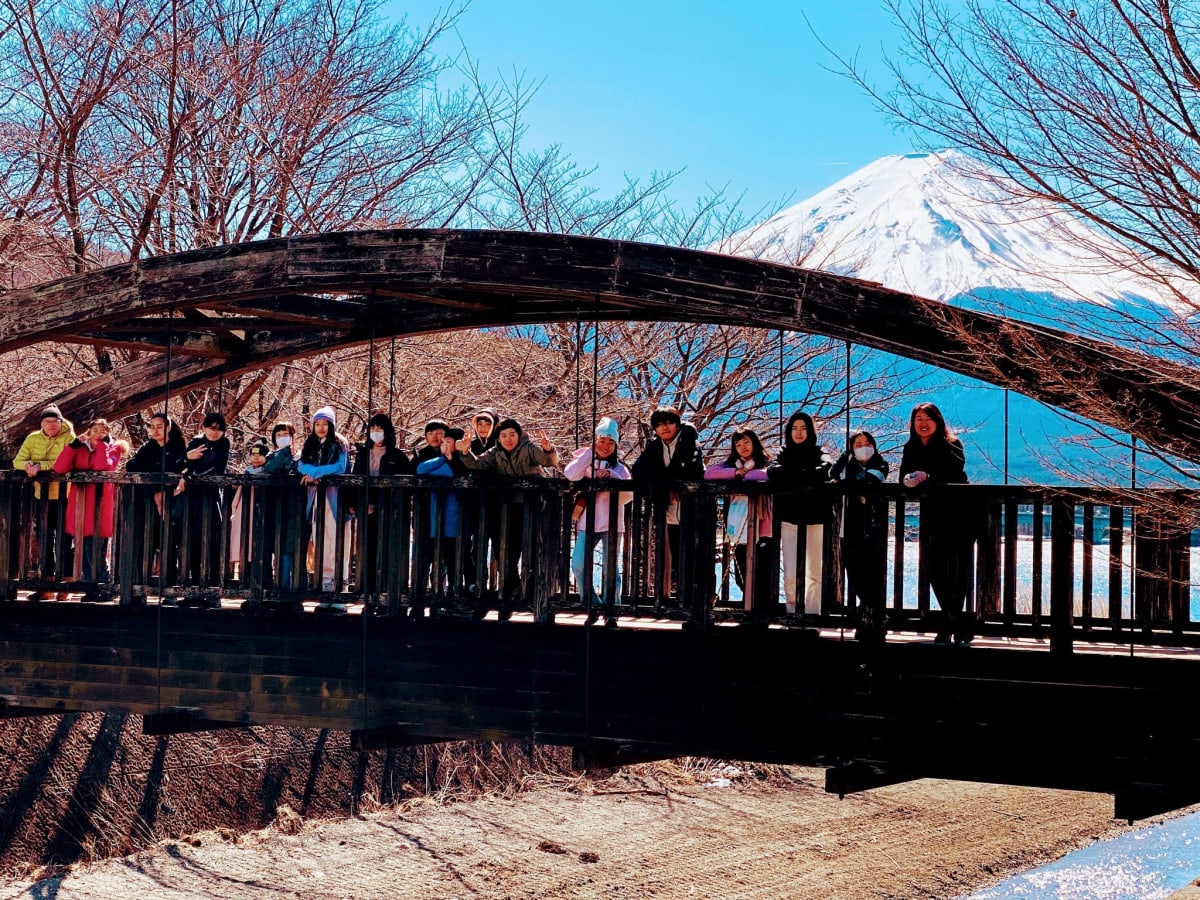Middle school activities and expansion
2024/05/08

In February, we took our middle schoolers on a ski trip to Yamanashi, offering them an opportunity for both enjoyment and hands-on learning. This excursion exemplifies our ongoing commitment to fostering strong bonds within our community, while also ensuring that our students benefit from a well-rounded education in a nurturing environment.
Next year the Middle School (Grade 6-8) will be moving to a new building that will feature large and bright learning spaces. We are also developing a rigorous academic program that builds on the PYP and prepares students for high school. Students will work in a
project-based environment with an emphasis on math and literacy.



